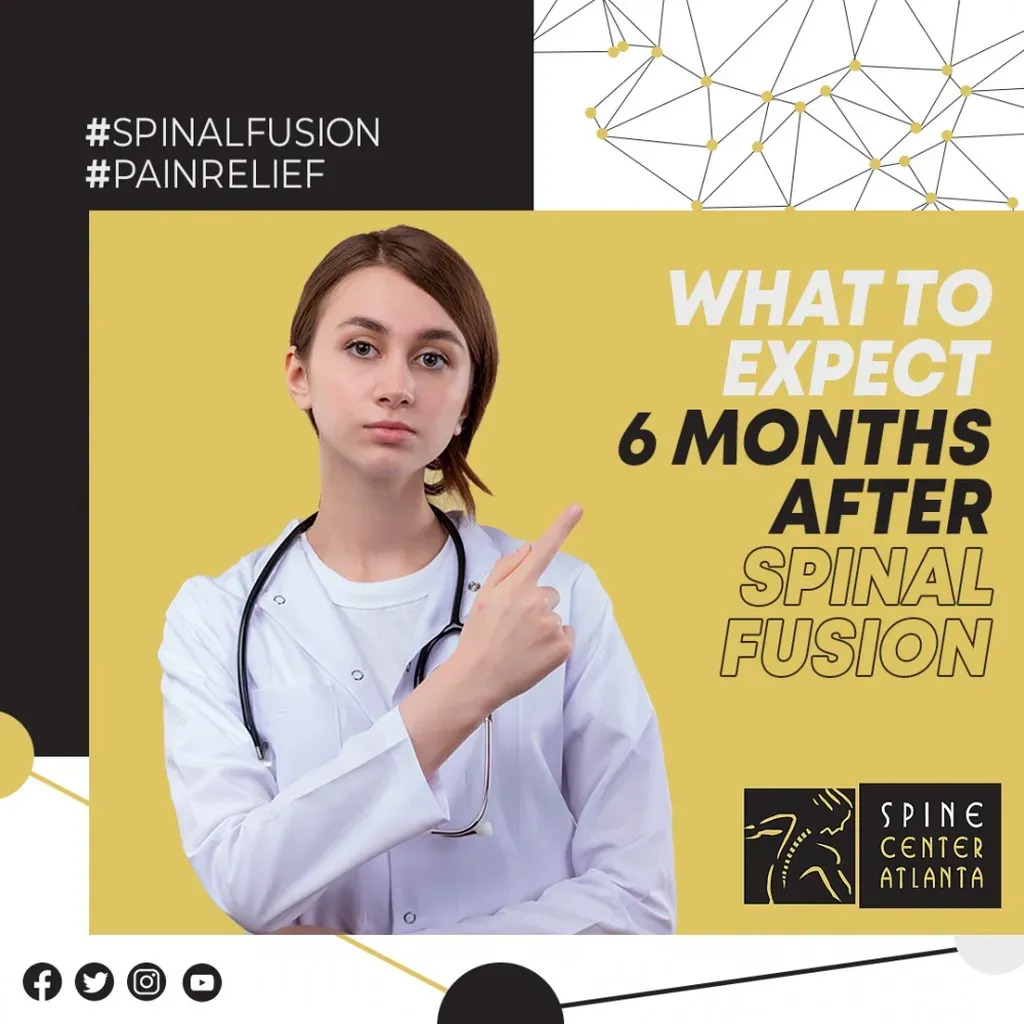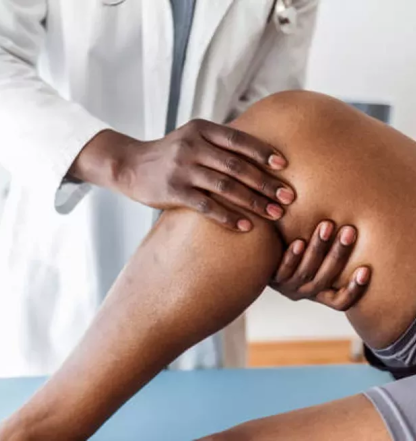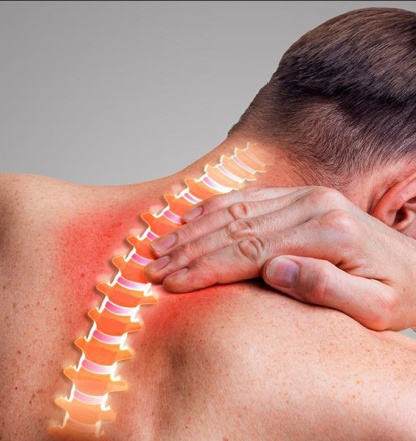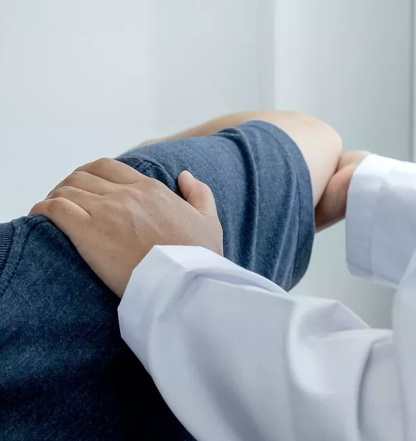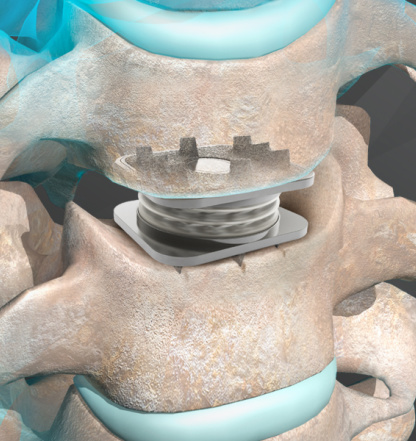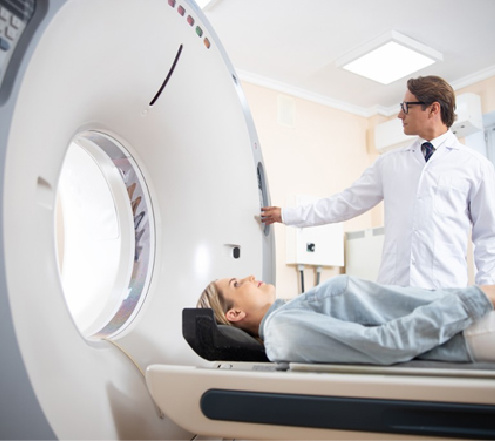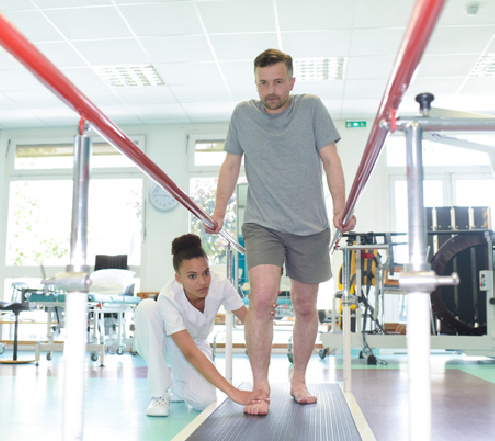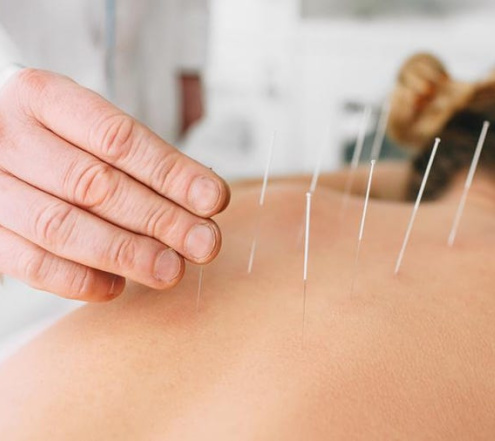Thanks to the development of minimally invasive techniques, patients undergoing fusion surgery can expect a procedure that involves a smaller incision and less disruption of soft tissue. It is even possible to perform fusion surgery on…
Thanks to the development of minimally invasive techniques, patients undergoing fusion surgery can expect a procedure that involves a smaller incision and less disruption of soft tissue. It is even possible to perform fusion surgery on an outpatient basis in certain cases. This has the potential to result in a shorter recovery time with less postoperative pain compared to traditional open spinal fusion performed in a hospital setting.
To ensure long-term relief and spinal stability, however, it is still important to follow all postoperative instructions and focus on your recovery. To help you fully understand the recovery process, we’re happy to share the following guide on what to expect six months after spinal fusion.
If you have any questions or would like to learn more about the conservative and surgical treatment options we provide here at Spine Center Atlanta, don’t hesitate to reach out.
What to Expect at the Surgical Center
Spinal fusion surgery is primarily a stabilization procedure. The discs that sit between the vertebrae in the spinal column are designed to cushion the spine and enable bending and flexing. If one or more of these discs severely degenerates, it can destabilize the spinal column, resulting in mobility problems and significant pain.
The goal of fusion surgery is to remove the damaged disc and replace it with bone graft material and hardware designed to add stability and limit painful nerve compression. After a procedure, not only does the body need to heal from the surgery itself, but the fusion needs a period of time to fully establish itself. This is why the recovery process for a fusion is so important, and the first six months are key for your long-term outcome.
After the fusion surgery, the postoperative team will check vitals and ensure the patient is in stable condition. After that, he or she will receive thorough postsurgical instructions. This will generally include caring for the incision site, managing pain, getting in and out of bed correctly, and performing other movements.
Patients will also be told which activities to avoid, which will include heavy lifting, bending and twisting, as well as driving in the early weeks. Once the patient is discharged, it is important to have a care partner and a safe home environment in the early days.
The Critical First Days after Your Fusion
To ensure proper recovery, you should prepare your home before the procedure by ensuring floors are clear and slippery rugs have been removed. You can also prepare for the postoperative phase by making items easy to reach, or getting a grabbing device and practicing with it.
In addition to getting the rest needed for proper healing. It is recommended to begin moving as soon as possible after the procedure. This helps promote circulation and rebuild important supporting muscles, among many other benefits. Walking is very important, and patients should expect to set goals for themselves to walk a little more each day.
Patients will also need to continue to care for the incision site and watch out for any signs of infection. It is also beneficial to stay ahead of pain and soreness by taking prescribed medication, but only as directed and needed.
Your Journey to Healthy Fusion Recovery From One to Six Months
Every patient has a different recovery journey, depending on the specific type of spinal fusion surgery, whether it was minimally invasive and a patient’s specific medical history. Some key events in the weeks and months after spinal fusion surgery include:
- Outpatient physical therapy can usually start at around four to six weeks, but it may be sooner or later depending on the patient
- Physical therapy and rehabilitation is critical to improving range of motion and strengthening the area around the spine
- To begin the process of being able to return to a physical job, patients can also begin work-specific rehabilitation, often called work hardening
- Patients will be advised on when to resume certain activities, including driving, lifting and more strenuous exercise
- If the surgeon recommended using medical equipment such as a back brace, there will be updates about how long to continue usage.
There will also typically be a schedule of follow-up appointments to monitor both the incision site and the progression of the fusion. The fusion will usually take a few months to fully set, which is why patients need to follow postoperative instructions so closely.
By six months after fusion surgery, most patients should expect to be cleared to resume most if not all daily activities. This includes driving, household chores, shopping, more strenuous exercise, and most work-related activities.
Learn More About Minimally Invasive Fusion Surgery at Spine Center Atlanta
The state-of-the-art facilities and board-certified surgeons at Spine Center Atlanta are dedicated to minimally invasive techniques and a streamlined patient experience. Our goal is to give patients the best chance of a quick recovery and positive long-term outcome. If spinal fusion is the best course of treatment, our comprehensive physical therapy and rehabilitation center can help patients maximize their recovery period in one convenient location.
To learn more and schedule your appointment, contact us today.


